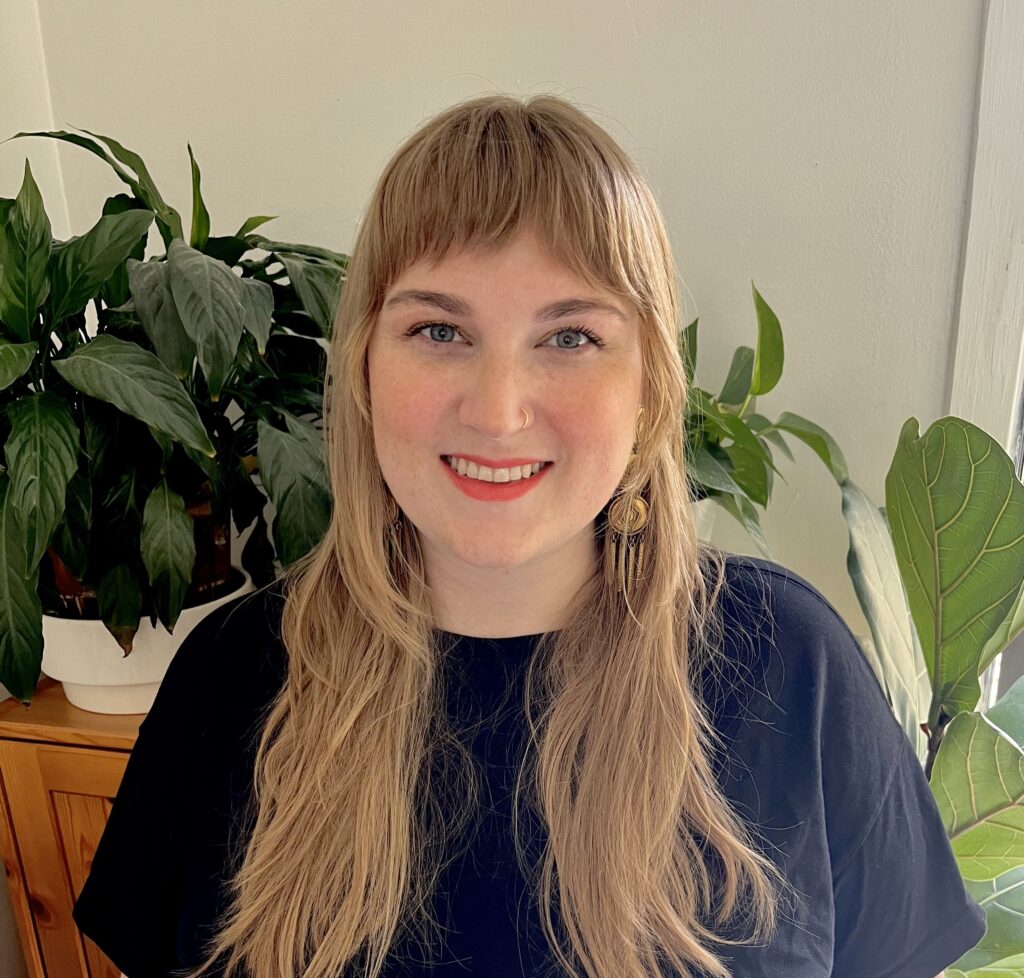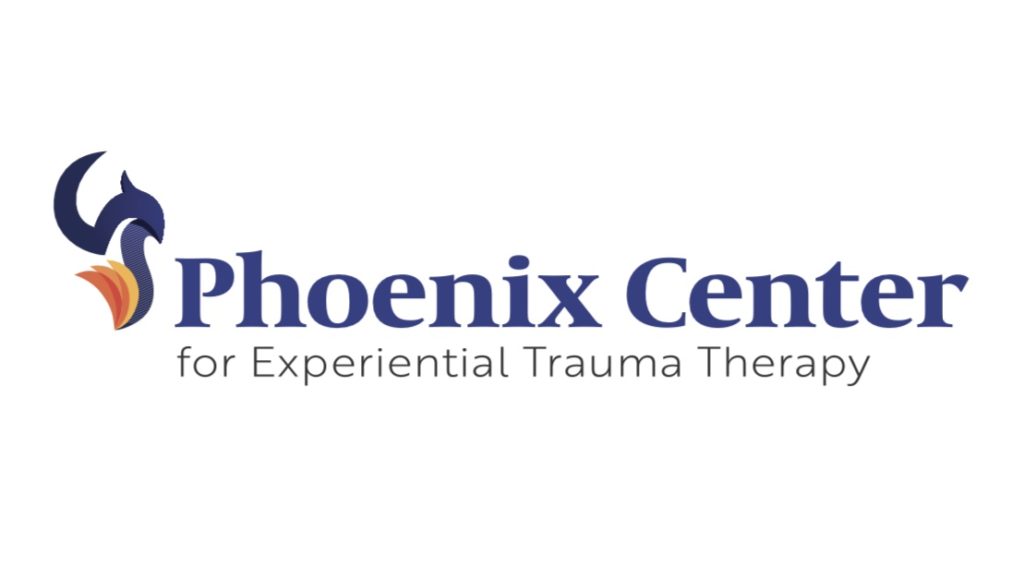Dr. Scott Giacomucci, DSW, LCSW, BCD, CGP, FAAETS, TEP
Trauma-Informed Care has become increasingly recognized as an essential approach in both therapeutic settings and broader organizational contexts. Despite its growing acceptance, several myths persist about what trauma-informed care is and how it should be applied. Let’s debunk some of the most common misconceptions.
Myth 1: Trauma-Informed Care Is Only for People with Trauma
Reality: Trauma-Informed Care Is for Everyone
One of the most widespread myths is that trauma-informed care is relevant only for individuals who have experienced trauma. While it is indeed designed to support those affected by trauma, its principles benefit everyone. Trauma-informed care emphasizes safety, trust, and empowerment—universal needs that improve interactions and outcomes in all settings, whether or not trauma is involved. By creating environments where everyone feels respected and valued, trauma-informed care fosters positive outcomes across all interactions.
If you are working with humans, you are working with trauma survivors. Trauma-informed care is useful in any industry, organization, and system.
Myth 2: Trauma-Informed Care Is a Specific Therapy
Reality: Trauma-Informed Care Is a Philosophy That Can Be Incorporated into Any Therapy or System
Another misconception is that trauma-informed care is a specific type of therapy or intervention. In reality, it is a broader philosophy or framework that can be integrated into any therapeutic approach or organizational system. It involves shifting the focus from “What’s wrong with you?” to “What happened to you?” This change in perspective can be applied across various settings, from healthcare to education, ensuring that all services are delivered with an understanding of how trauma impacts individuals.
Myth 3: Trauma-Informed Care Is Only for Therapists and Mental Health Providers
Reality: Trauma-Informed Care Was Created for Organizations and Systems
While trauma-informed care is vital in therapeutic settings, it was originally designed with an emphasis on organizational culture and structures. The principles of trauma-informed care can and should be integrated into any system, including schools, hospitals, criminal justice systems, and workplaces. By implementing trauma-informed practices at an organizational level, systems can create environments that are sensitive to the needs of all individuals, especially those who have experienced trauma.
Myth 4: There Is No Accountability in Trauma-Informed Care
Reality: Trauma-Informed Care Offers Flexibility While Still Holding People Accountable
Some believe that trauma-informed care allows people to avoid responsibility for their actions due to its focus on understanding and empathy. However, trauma-informed care does not eliminate accountability; instead, it balances flexibility with clear expectations. Trauma-informed care values control and choice, allowing individuals to make decisions about their care and actions. At the same time, it includes predictable and thoughtful consequences. By understanding the underlying reasons behind someone’s behavior, trauma-informed care enables providers to address issues in a compassionate yet effective manner.
Myth 5: Trauma-Informed Care Avoids Catharsis
Reality: Trauma-Informed Care Values Catharsis but Not as the Primary Source of Change
There is a misconception that trauma-informed care avoids emotional catharsis altogether. In truth, trauma-informed practitioners do value catharsis, but it is not seen as the primary driver of change. Instead, trauma-informed care focuses first on building strengths and ensuring safety. Only when a stable foundation is established does catharsis become a tool for deeper emotional processing, ultimately leading to growth. This careful approach helps prevent retraumatization and ensures that emotional release happens in a controlled, supportive environment and within a trusting relationship.
Myth 6: Trauma-Informed Care Either Avoids Trauma Processing or Requires One to Talk About Trauma
Reality: Trauma-Informed Care Emphasizes Client Choice and Autonomy
A final myth is that trauma-informed care either forces clients to talk about their trauma or avoids it entirely. In reality, trauma-informed care prioritizes the client’s choice and autonomy. It provides structure and support, allowing clients to decide if and when they want to discuss their trauma. Practitioners understand the importance of not reprocessing trauma too quickly and work to create an environment where the client feels safe and in control of their healing journey.
Reach out to us to bring trauma-informed care training to your organization or team! Support@PhoenixTraumaCenter.com
Trauma-informed care is a versatile, compassionate approach that goes beyond specific therapies to influence entire systems. By debunking these myths, we can better understand the true value of trauma-informed care and its potential to transform how we support individuals and communities in healing and growth. Whether you’re a therapist, a teacher, or part of a larger organization, integrating trauma-informed principles can make a meaningful difference in the lives of those you serve.
To learn more about trauma-informed care, consider downloading SAMHSA’s resources, following us on YouTube, or purchasing Dr. Scott Giacomucci’s new book on the topic.



















